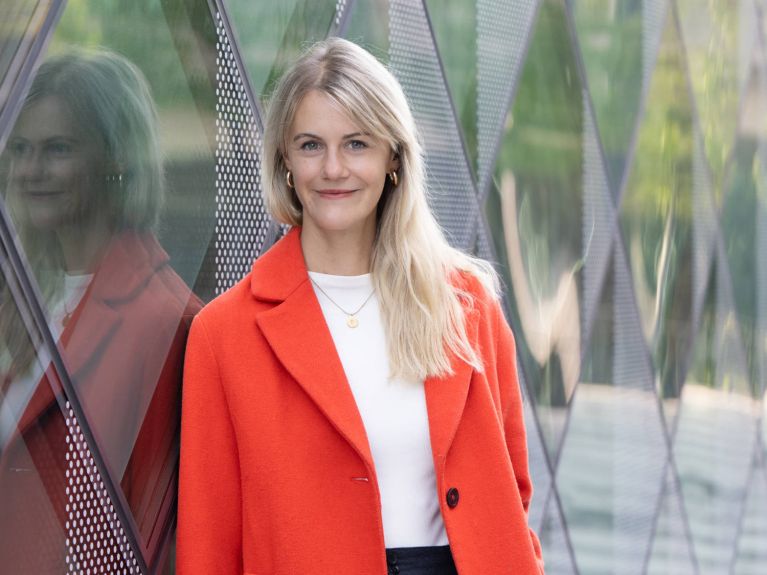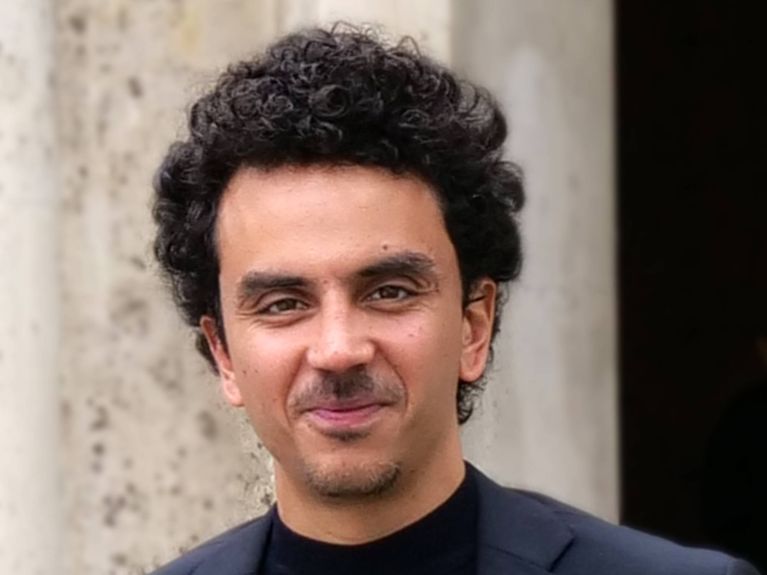“Social innovation makes our society more resilient”
What makes social innovation special? Two experts shared their fascinating answers to this question.

Zarah Bruhn, Social Innovation Officer at the Federal Ministry for Education and Research:
“Social innovation makes our state more effective, it makes our society more resilient, and it makes our economy better prepared for the future. That’s why I’m committed to ensure that we provide targeted support. We can learn from our neighbours in Europe and around the world. There are so many great ideas in our society, ideas from students and entrepreneurs, for example, and we want to make them a reality. Social innovation is taking place in the circular economy, for example, and in the integration of migrants and refugees. In September 2023 the German government adopted the National Strategy for Social Innovations and Social Enterprises which has put the issue right at the top of the political agenda.
You can find more information about the national strategy here.

Dr Amyn Vogel is Project Lead at IMV-Lab, the Impact Measurement and Valuation Lab at the Federal Ministry for Education and Research.
“Social innovation comprises new practices and organisational forms which help develop sustainable solutions to the challenges facing our society. It manifests itself in many different forms of economic, social and environmental change. In our research group at IMV-Lab we are investigating how to measure and scale up the impact of social innovation. We are particularly interested in transformative social innovation by multi-stakeholder partnerships. For instance, we are supporting a project funded by the Federal Education Ministry entitled “10,000 days – skilled workers for a climate-positive society” The project brings together partners from the state, business, civil society, science and academia. The aim is to attract more skilled workers for climate jobs. We reached a milestone when we published a practical handbook for measuring impact which you can use for all forms of social innovation.
Overall the distinctive feature of social innovation in Germany is its diversity. This heterogeneity is an expression of creativity and efforts to bring about change in the face of diverse challenges facing society.”

